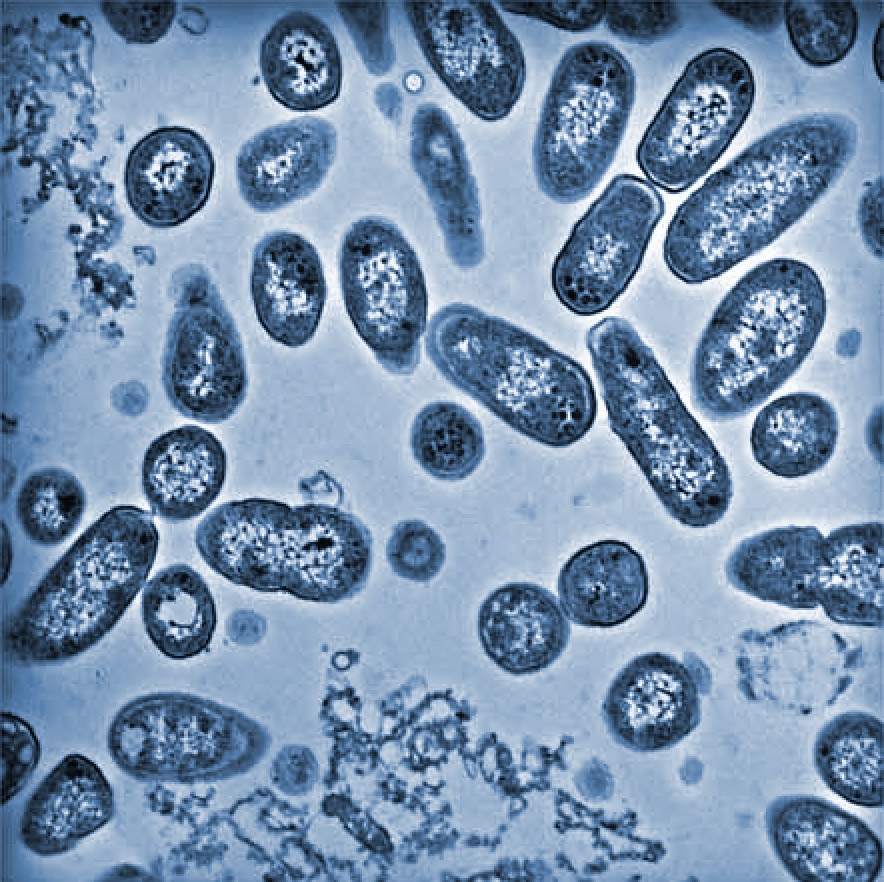Arthur Felix, who became famous for his method of diagnosing typhoid fever and for his research on salmonella, was born in Andrychów, then in the Austrian partition, about 50 km from Kraków.
He was born into a wealthy, orthodox Jewish family. In his early youth he regularly attended the local synagogue. As a child, he spoke Polish and German in addition to Yiddish. At the age of 10, he was sent to grammar school in Bielsko and then to study organic chemistry in Vienna. His choice of education was motivated by the fact that his father owned a textile dyeworks and hoped that his son would manage the business well with the education he had received. However, Arthur Felix became interested in microbiology. After several years working for his father and in a factory in the Netherlands, he returned to Vienna to study medicine. During this period, he became interested in Zionism, which resulted in his trip to Israel in the next few years.
During the First World War he served in the Austro-Hungarian army. In November 1914, he was sent to Silesia, due to the cholera epidemic there. Felix moved then to Sokal, later to Wadowice. As a military doctor, by examining the urine of patients infected with typhoid fever, he participated in the development of the method of diagnosing this disease that is still used today, called the Weil-Felix test. Later, he was also involved in the study of salmonella. His permanent assistant, unknown to the scientific world, was Margaret Pitt.
In the interwar period and during the Second World War, he was affiliated with several scientific institutions, including the Lister Institute of Preventive Medicine in Bushey, England. He worked for several years at the Hadassa Medical Centre in Jerusalem and was also a member of the Royal Society of Science in London. After the Second World War, Felix lived permanently in the UK. He died suddenly of a heart attack in 1956.





